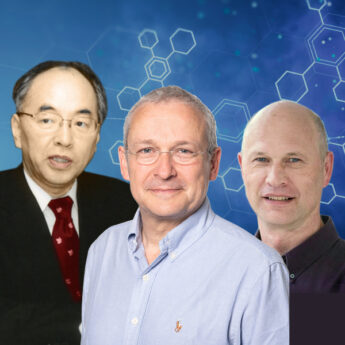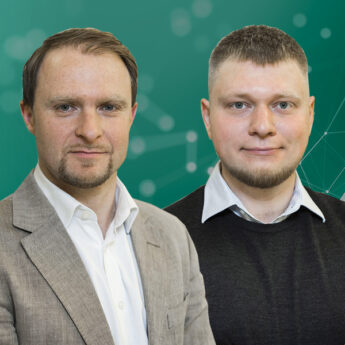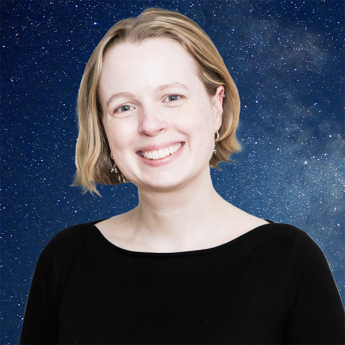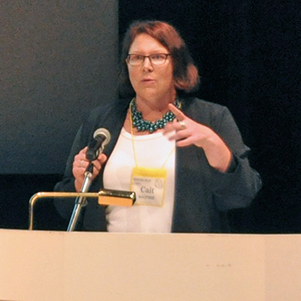GlaxoSmithKline (GSK) Japan is a member of the science-led GSK global healthcare group of companies with around 98,000 employees in 150 countries. It is working to fulfil its corporate mission to benefit society, while nurturing human resources through community partnership programmes.
One of the ways that the company inspires people is through its Orange Internship Programme, in operation since 2013. This aims to give people with psychological disabilities a training opportunity so they can engage in meaningful work. They are able to gain experience, learn in a business environment and prepare for employment by instilling self-confidence.
Candidates for the programme who have received sufficient treatment to allow them to work will receive six to 12 months pre-training at General Partners Co., Ltd., who also support matching for candidates and organisations. Once matched, candidates go through interviews to ensure both parties are comfortable, and, if successful, this is when the one-year training internship programme begins.
GSK’s Orange Internship Programme offers those students an opportunity to work for the firm, and at the same time learn about what it takes to work in the organisation and how to communicate with colleagues in a business environment.
The Orange Internship Programme provides extensive care and communication to ensure interns are comfortable with the balance of work and treatment. This is done by closely working with General Partners, healthcare professionals and supervisors at work. For example, regular meetings are set among supervisors, interns and General Partners, treatment progress and doctor’s advice will be shared, any concerns that the interns may have are identified and solutions to support their development are found.
“People with psychological disabilities who have little or no experience as adult members of society may feel a great deal of anxiety toward taking a job”, observed a GSK Japan HR professional in charge of the Orange Internship Programme. “During their extended internship they come to feel a sense of purpose and responsibility, and through resolving issues on a day-by-day basis achieve growth that reduces that anxiety. So I think our programme is able to contribute to society by helping to instil a sense of self-confidence in them as adults in society.
“Furthermore, as company employees they are able to confront their condition. While doing their best through the process of trial and error, they perform their jobs together with other disabled individuals, and so they can mutually support one another. This creates a favourable opportunity for them to overcome their disability through meaningful work, respect for co-workers and so on”.
After having satisfactorily completed the one-year internship and probationary work period, the interns are helped to find positions with new employers.
A recent graduate of the GSK programme expressed his satisfaction with the results, writing: “Through the GSK internship programme, I was able to take my first steps to becoming a member of society. Initially, I’d felt uncomfortable as I had never worked in an organisation before and was not sure if I could perform like anyone else, and the idea of working while struggling with my illness caused a lot of anxiety.
“However, the people at the firm went out of their way to make me feel welcome. Gradually I was requested to undertake more tasks. So, by the end of the programme, finding I was able to accomplish the work with which I had been entrusted made me feel self-confident. “At present, I am working at another firm. Thanks to my experience at GSK, I am so glad that I have a job that enables me to contribute to society”.
On 3–4 August, 2016, GSK welcomed Hayaki Okuhira, a 13-year-old junior high school student from a small island in Okinawa Prefecture, to the firm’s Okinawa sales office. Hayaki spent two days at GSK under the career education programme his junior high school offers, and which aims to allow students to gain experience at firms so they can see what careers are all about and what it takes to work at a company.
GSK provided various programmes for Hayaki, ranging from an overview of GSK’s operations, business manner, communications, call centre operations and sales to the clinical operation, science and safety of drugs. What was unique about the programme was that throughout Hayaki was connected with GSK’s Tokyo head office, where the majority of lecturers operate via Live Meeting web conferencing.
At the end of the second day, Hayaki presented what he had learned over the last two days to all the lecturers via Live Meeting.
“I have really enjoyed the last two days. It was a great opportunity for me to learn so many things, and especially learning how the drugs are developed and experiencing the call centre operator demo were something that I will never forget. This unique experience has made me become interested in learning more about such careers”.
For GSK, this is one of the ways the firm contributes to society and inspires an interest in science for people with or without disabilities.





